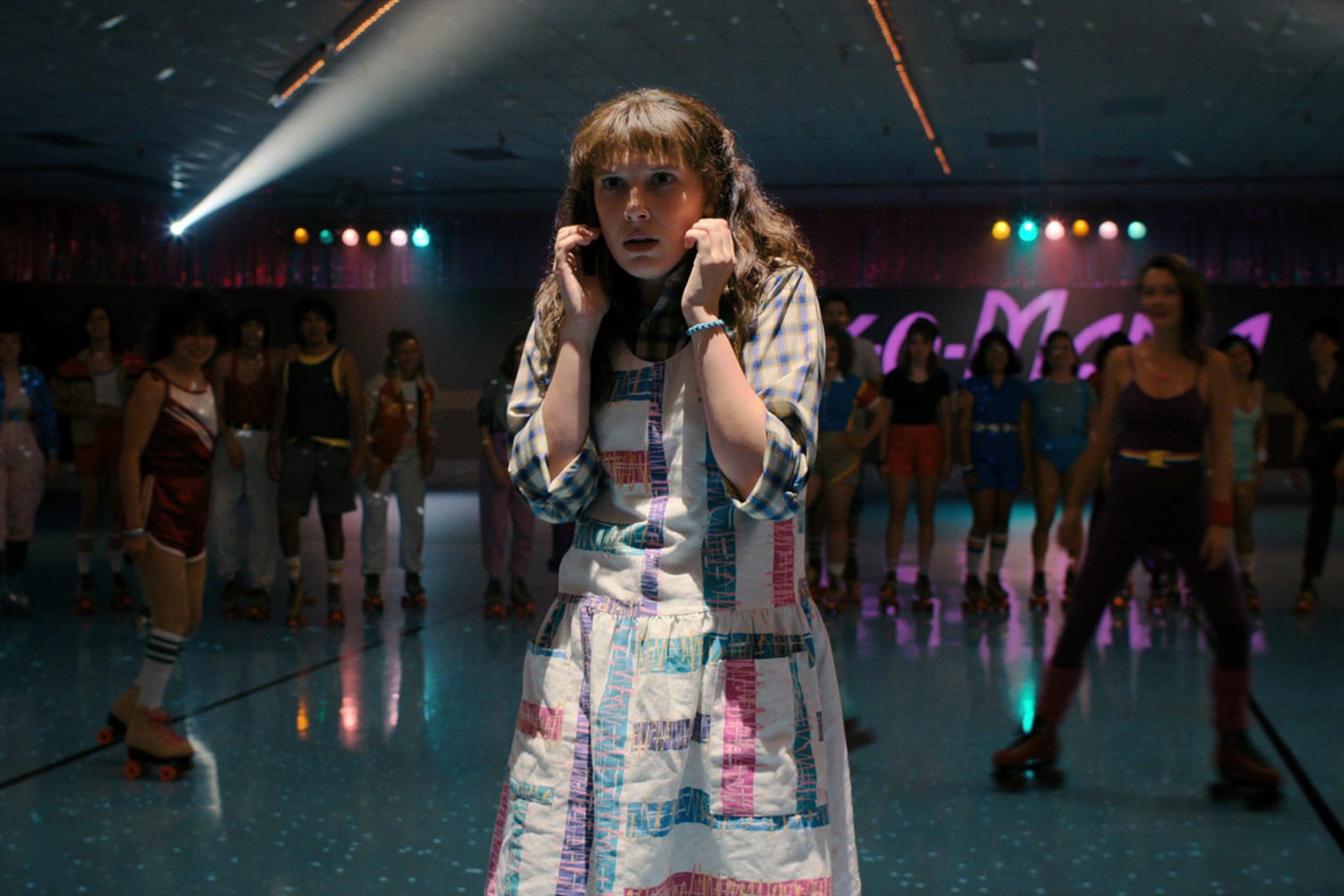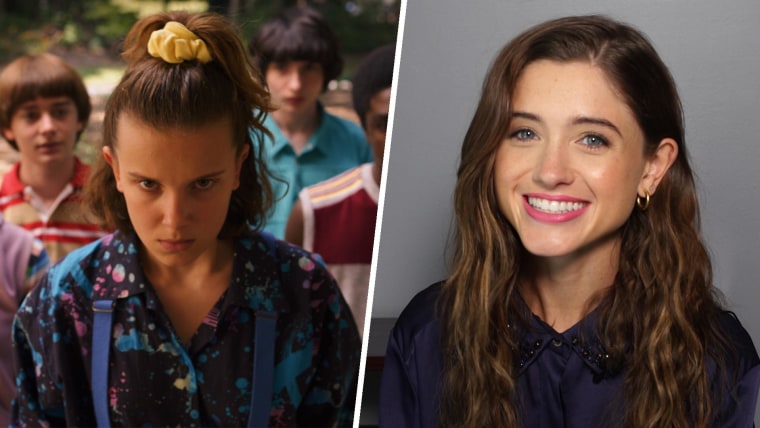American public discourse is obsessed with the safety of children, even as in practice we often appear uninterested in or actively hostile toward children. In Florida, Republican Gov. Ron DeSantis has signed a law that claims to protect children from sexual discussions in classrooms, but in reality will help criminalize and stigmatize discussion of LGBT identities, and force queer children, and queer teachers, into the closet. In Chicago, Democratic Mayor Lori Lightfoot responded to a rash of shootings of children by imposing a curfew on teens — even though evidence shows curfews do not protect young people from violence, but can criminalize normal teen behavior by children of color. And nationwide, the right continues to claim that people need unrestricted access to guns to protect their families, even as completely unrestricted access to guns keeps leading to horrific school shootings.
The vulnerability of children, and the indifference and ineffectuality of adults, remains at the center of Netflix’s hit retro horror series “Stranger Things.”
The vulnerability of children, and the indifference and ineffectuality of adults, remains at the center of Netflix’s hit retro horror series “Stranger Things.” In its fourth season, we return once again to Hawkins, Indiana in the mid-1980s. The (now high school-aged) heroes battle monsters from the Upside Down, a realm of evil magic that lurks underneath our own reality. Meanwhile, adults (with a couple of important exceptions) mostly refuse to believe children or actively put their lives in danger. If childhood is a horror, it’s because adults have designed it that way.
The fourth season is scheduled to be nine episodes. But only the first seven have been released; episodes 8 and 9 will launch on July 1. At the opening of episode 1, the gang is scattered; several key characters have moved out of Hawkins. But they slowly reunite to confront a new antagonist — a dark wizard they name Vecna, who curses selected individuals with nightmares and waking visions before floating them into the air, snapping their bones and tearing out their eyes.
Vecna mostly attacks teens and young people who are dealing with personal crises, guilt, neglect and family violence. He’s suicidal ideation embodied. The signs of Vecna’s curse — sleeplessness, headaches, substance abuse, irritability — read like a list of symptoms of depression. The protagonists actually identify his victims by stealing the files of the school counselor to find out which students have been struggling.
The people of Hawkins don’t fight the mental illness demon with more mental health resources, though. Instead, they embrace the familiar logic of moral panic.
The town blames local Dungeons and Dragons Dungeon Master and small-time pot dealer Eddie Munson (Joseph Quinn) for the murders. The demonic attacks on children are used as an excuse to attack fairly harmless teen pastimes. Vecna often takes the form of a parent or caregiver in terrorizing hallucinations where loved ones “turn” on the cursed victims. And then the parents do in fact join with the demon to terrorize their role-playing, Dungeons and Dragons-loving children. So are adults the protectors? Or are they the thing that kids need to be protected from?
In the spirit of many a teen drama, the high school dynamics of peer ostracism and humiliation are reproduced with brutal fidelity.
That’s also an open question in the season’s other major plotline. At the end of season 3, Eleven (Millie Bobby Brown) used her Carrie-like psychic abilities to defeat the monsters of the Upside Down. But doing so burned her powers out. Season 4 starts with her in school in California, where the other girls mercilessly bully her.
In the spirit of many a teen drama, the high school dynamics of peer ostracism and humiliation are reproduced with brutal fidelity. Adult supervision is largely ineffectual, and often worse than ineffectual. When El finally snaps and tries to defend herself, she’s targeted by the cops. Though she’s a minor, they interrogate her without either counsel or her guardian present. Police treatment of teens is presented as callous and traumatizing.
El’s high school nightmare is similar in many ways to what she experienced under the care of “Papa” (Matthew Modine) as a child. Papa is a scientist who raised psychic children in a lab to try to cultivate their abilities. Eleven is encouraged to remember and re-live her childhood to try to recover her powers and defend Hawkins. Through her flashbacks, we learn that she was targeted and bullied by the other children in the lab just as she is targeted in high school.
El also learns through her recovered memories that Papa may have been more than just neglectful. It’s possible that he was deliberately manipulating the other children to attack El, perhaps in the hopes of releasing her full power.
We don’t learn till near the end whether Papa was or was not Machiavellian. But we know for sure that he was abusive. El remembers him disciplining children via shock treatments with an electric collar. That’s terrifying child abuse, which models violence under cover of punishing it. Papa claims to want to protect the children in his care. But in reality he is torturing and exploiting them.
“Stranger Things” is good at exposing the hypocrisy of adult concerns for children. But it sometimes participates in the hypocrisy itself. The anti D&D crusade, for example, is led, not by parents, but by the teen basketball star who defies the town sheriff’s call for caution. The show frames teens as responsible for a moral panic which, in reality, was very much led by adults.
Similarly, the finale of the first part of the season reveals that the secret villain behind everything is a child whose evil career begins with attacks, not on children, but on adults. Adults in the series are generally useless or harmful, but the real nightmare begins when young people rebel against them. “Stranger Things” suggests that adults terrorize children because, ultimately, they are afraid that if children were ever fully empowered, the world would turn upside down.
Source: | This article originally belongs to Nbcnews.com










